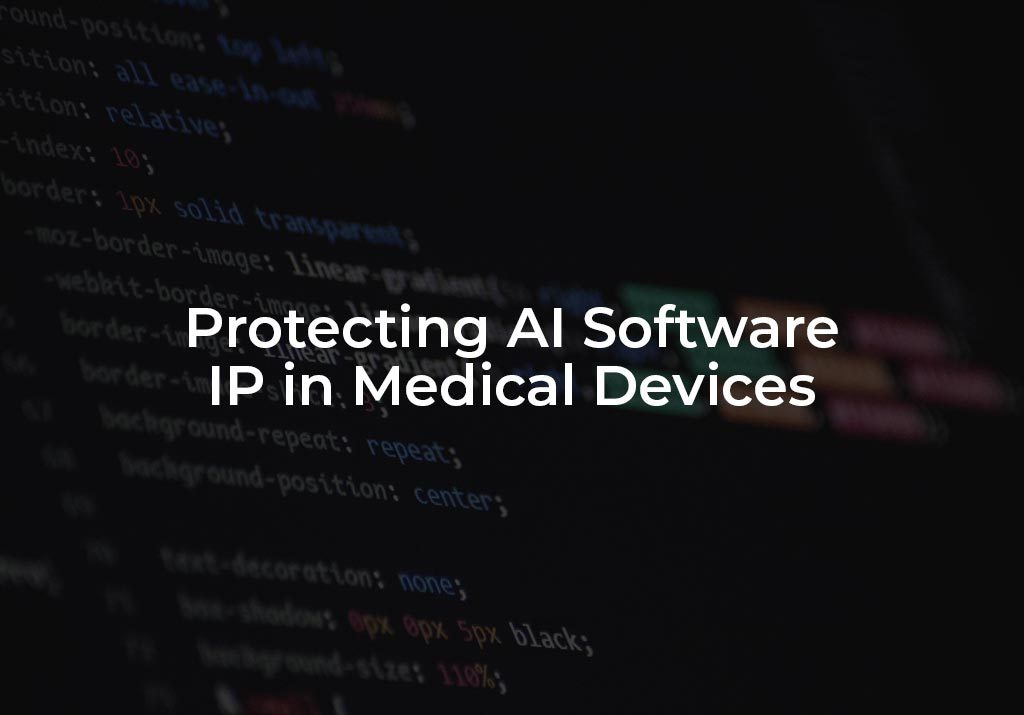The current state of the American healthcare system is stressed. Doctors hardly have any time to spend with their patients, it can be challenging for practitioners to detect serious conditions in the early stages from medical images, and many patients fail to adhere to their treatment regimen. With so many challenges in healthcare today, it is no wonder why artificial intelligence technologies are being used to transform the healthcare industry. By automating processes through the use of AI software, doctors can have more time, conditions can be diagnosed sooner and with greater accuracy, and patient compliance can be greatly improved.
Medical devices are increasingly becoming more intertwined with artificial intelligence technologies. In fact, the Food and Drug Administration recently approved one of the first AI-powered medical devices – a retinopathy-detecting AI software that is able to detect a particular condition without the involvement of a clinician. Whether the medical device and the AI software are diagnostic tools, a robotic surgical-assistance tool used by a practitioner, or a wearable health monitor for patients that communicates with the patient’s smartphone, AI software is being put to use in all kinds of medical applications.
Securing IP Protections for AI Software in Medical Devices
Competition in the AI software space for medical device applications is fierce. There is clearly a need for this type of AI technology in the medical space, and many companies are attempting to satisfy the unmet need. With that being said, when a number of different parties are all trying to converge into a new market at the same time, the best way to protect a competitive advantage is to obtain legal protections on intellectual property assets.
In developing AI-software for medical devices, a lot of time, money and resources must be put into creating the final product. The unmet medical need must be selected and investigated, and an AI software must be developed and integrated into the medical device. This process could involve programming the AI software, debugging, testing, prototyping the medical device, integrating the software into the medical device hardware, testing the medical device product, and filing for FDA approval – all before the product can ever even be sold.
With so much investment required up front, it is a good idea to seek and obtain intellectual property protection on your AI-software containing medical device innovation. By protecting the underlying IP, you are in effect protecting all of the hard work, capital and resources that have gone into creating the AI software from unauthorized copying or unauthorized use of your technology.
Speak With An AI Software IP Attorney
AI-related inventions and software are important IP assets. The professionals at The Rapacke Law Group can help you assess your IP protection options and can assist you in the process of securing IP rights. The various application or registration processes can be confusing and we can guide you through step-by-step to help you avoid potential pitfalls. Contact us today to schedule a free initial consultation.




